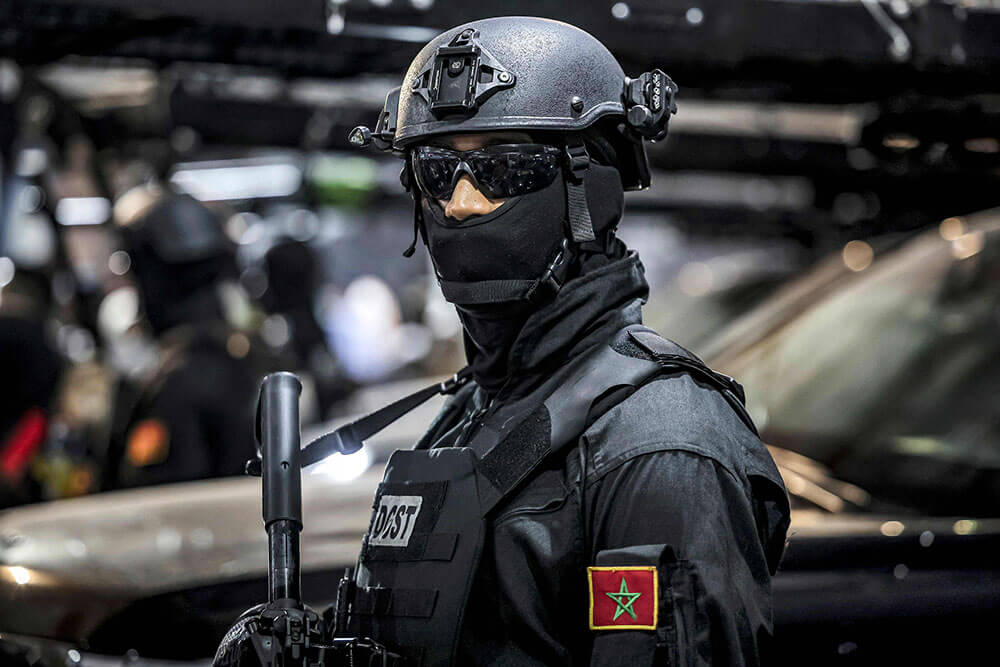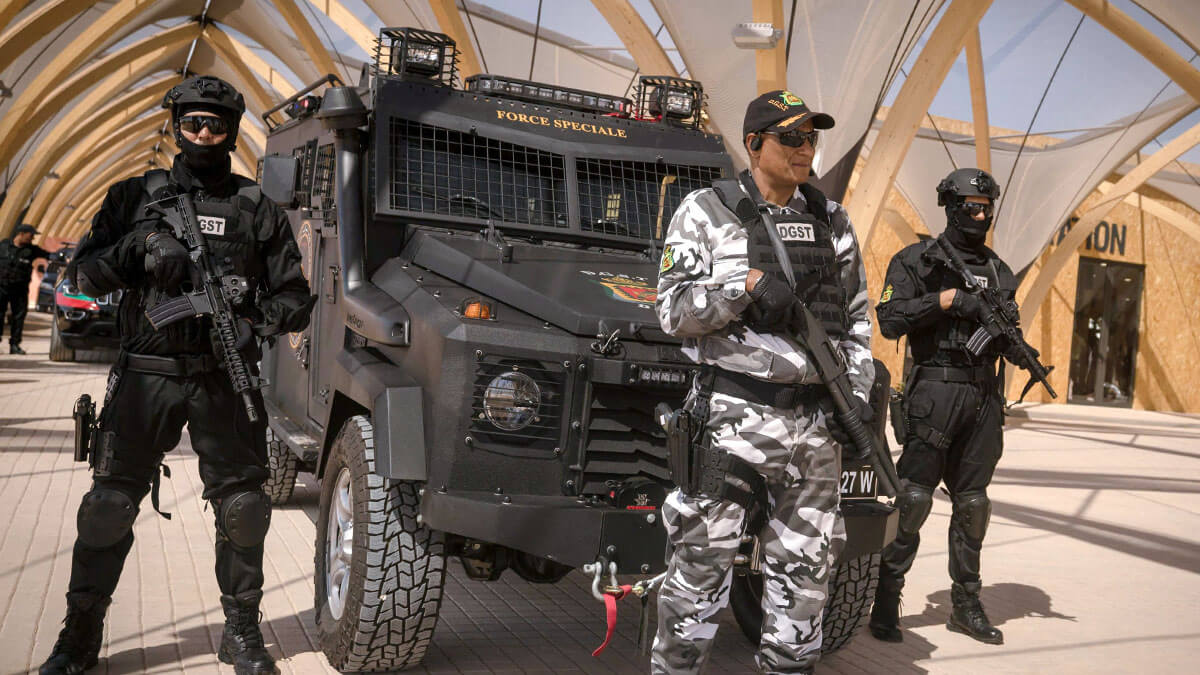Close and strong collaboration between Spanish and Moroccan security services, especially Morocco’s Directorate General of Territorial Surveillance (DGST), has been instrumental in thwarting potential terrorist attacks in Spain and dismantling criminal networks, reveal senior Spanish Guardia Civil officials.
In a presentation on Sunday, Lieutenant Colonel Arturo Ortega Navas, head of the Guardia Civil command in the Spanish city of Melilla, said joint efforts between the two countries made possible the arrest of 405 people over the past year, including nine on terrorism charges, reports Morocco World News.
The lieutenant colonel underlined the key role played by Morocco’s DGST in border security and its fight against terrorism. ‘This partnership has made it possible to prevent possible terrorist threats against Melilla and its surroundings,’ said Ortega Navas, who confirmed that the Moroccan security services are considered ‘among Spain’s most important partners in the fight against terrorism‘.
In addition to the fight against terrorism, the Guardia Civil dismantled 11 criminal organisations and seized more than 1,800 kg of cannabis, 42 kg of cocaine and other assets worth 9.6 million euros, highlighting the magnitude of the efforts against transnational crime.
Ortega Navas indicated that the exchange of information between the two countries was fundamental to these successes.
In addition to the fight against terrorism and criminal gangs, Moroccan-Spanish cooperation extends to the fight against illegal migration networks. The Guardia Civil’s unit specialising in migration has rescued more than 2,400 people who tried to swim across from Morocco to Melilla so far this year.
In this regard, the head of the Guardia Civil stressed that this cooperation not only aims to protect the borders but also to act as a ‘protective shield’ against terrorist threats targeting the entire European continent.

Thanks to joint efforts and intelligence sharing, the security services of both kingdoms have foiled multiple terrorist plots and dismantled extremist cells seeking to destabilise the region, Ortega Navas added.
He also stressed that the training of Moroccan Royal Gendarmerie officers at the Civil Guard Academy is part of the process of strengthening ties between the border agencies.

Both countries have intensified and increased bilateral security cooperation in recent years in order to address the growing terrorist threats in the North African and Sahel region, where fundamentalist groups such as Daesh or al-Qaeda are growing dangerously.
In this context, the Moroccan security services are considered Spain’s key partners in reinforcing border security and maintaining regional stability.
